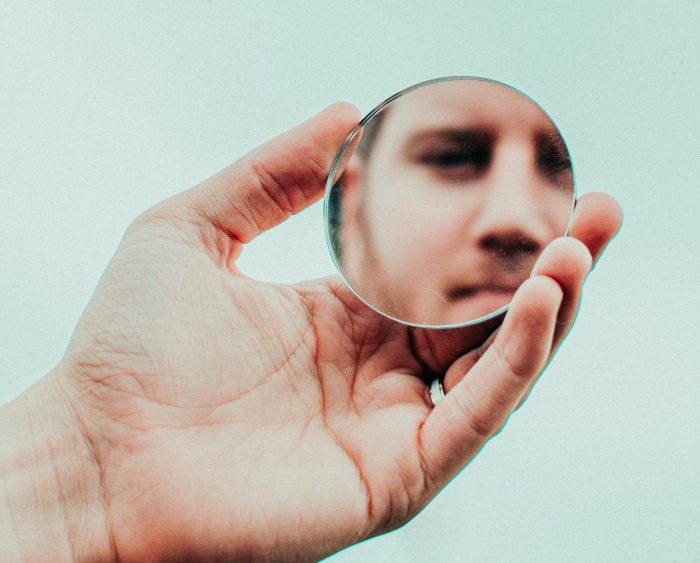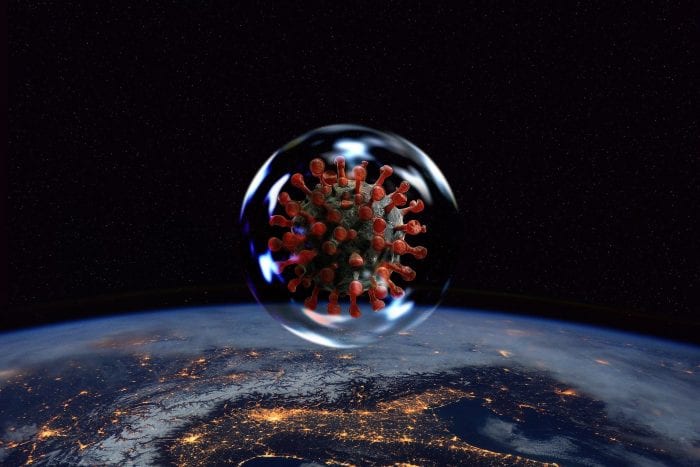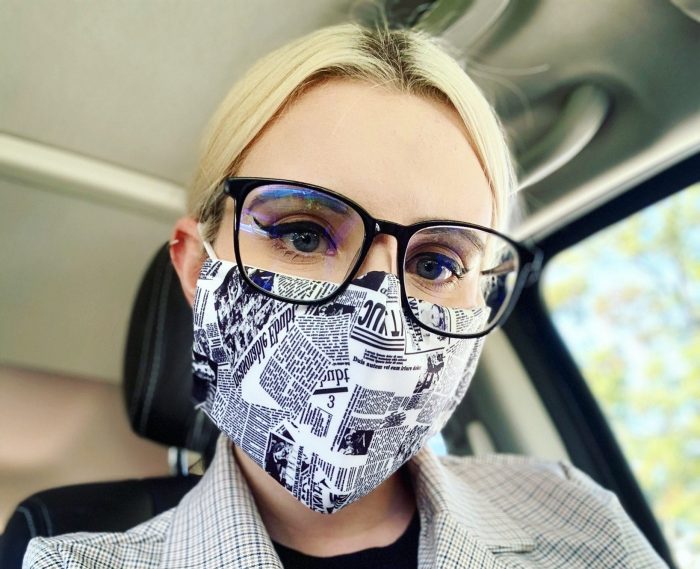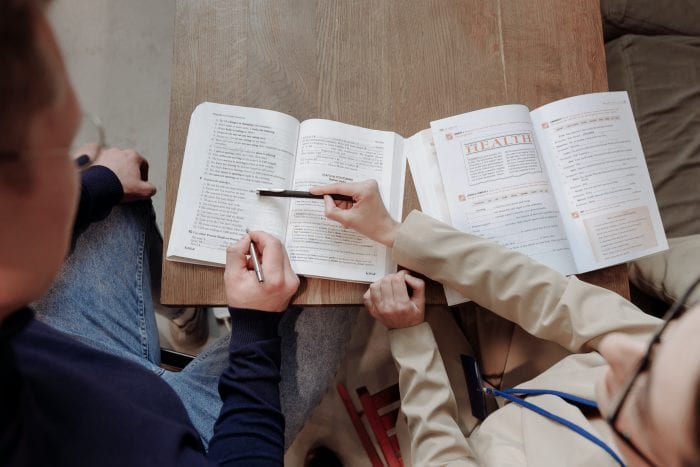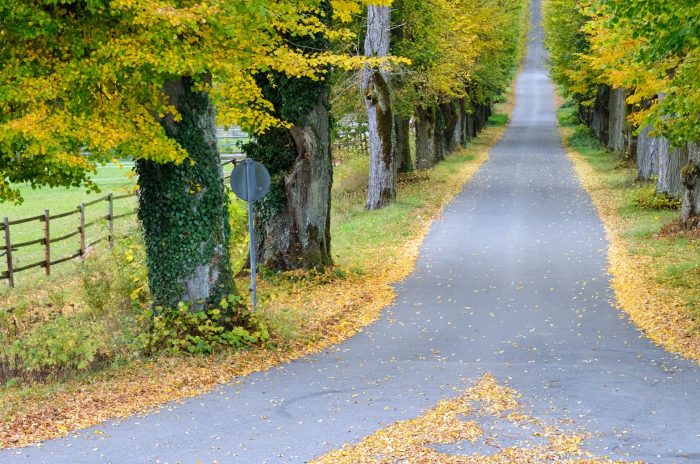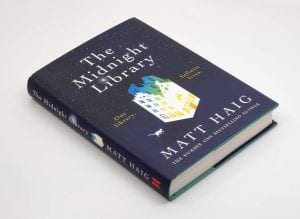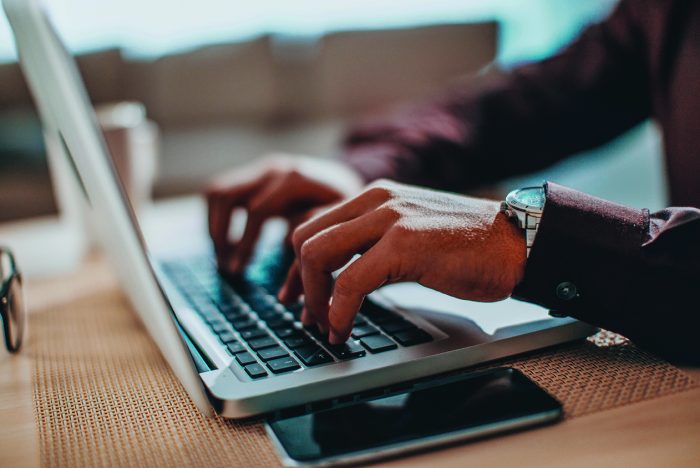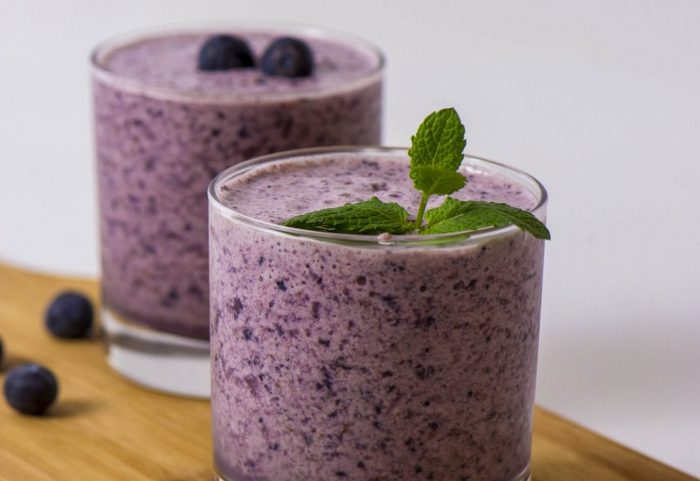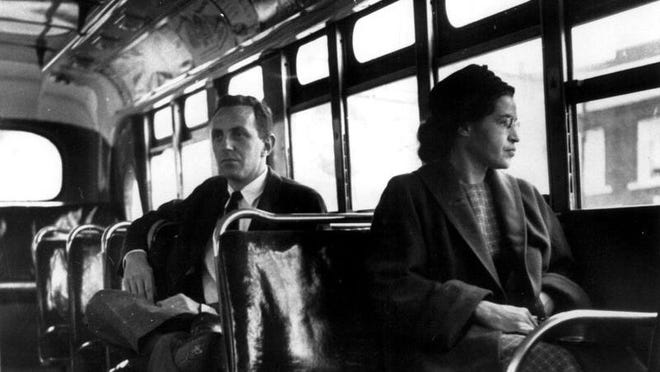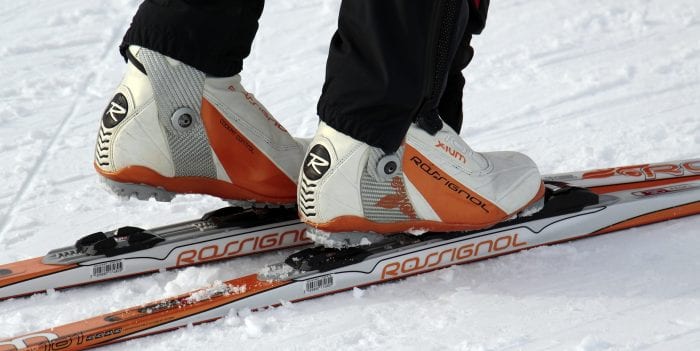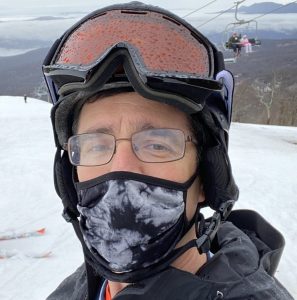By Daniel Dunaief

I would like to cancel some things from my past and my own life. Here are some things I’d put on my cancel list:
Self doubt: Movies (remember when we used to go out to movies, pay way too much money for popcorn, candy and enjoy previews for upcoming films that looked better than the one we were about to watch?) often encourage us to overcome self doubt. What if we never had those doubts in the first place? We might become arrogant and insufferable, but we also might truly become our own versions of “The Little Engine that Could.” Wait, that hasn’t been canceled, has it? Well, if it has, I’m going to ignore the latest cultural eraser.
Self stuffing: When self doubt crept into our minds, how often did we reach for the kind of comfort food that just didn’t do us any favors? Sure, those cupcakes, cookies and sugar cereal might have tasted good in the moment, but was the momentary satisfaction really worth it? Did the eight vitamins and four minerals do us any good? Let’s cancel that urge and impulse, making it impossible to continue unfortunate patterns.
Self loathing: I admit that the self loathing that has crept in at times in my life has helped me get off the couch and do some sit-ups and push-ups, has driven me to be more productive and has put me on more of the “right track,” to borrow from that Little Engine. Still, maybe all that energy would have been more effective if I used it earlier.
The 2004 Red Sox: Yeah, I know you can’t cancel a team or sports history, but that would be one of the first teams I’d erase from my memory. The Yankees were winning 3-0 in the series and no team had ever come back from such a deficit, plus we had the curse of the Bambino. None of that mattered, as the Sawx not only took the next four games, but then went on to win the World Series. Blech! Now I know how all those New Englanders felt about Bucky Dent, which probably stings a lot less. Bucky Dent is like trying to tease your younger brother with something that makes him smile even more broadly than you do.
Mirrors: We should cancel mirrors. After all, they keep showing how much older and more exhausted we’re getting. Sometimes, like when we conquer the self stuffing and the self doubt, we see the version of ourselves we’d like to be. Other times, though, the mirror tells us, albeit in a backwards way, that we aren’t who we’d like to be and that we need to climb back onto that train car to get to our desired destination.
Report cards: Students, parents and teachers can’t win. If a teacher gives everyone A’s, the teacher will be popular, but the students probably wouldn’t learn as much as they could or should. The teacher who has more of a bell-shaped distribution of grades may reflect the reality of the class as a whole, but he or she may put someone who belongs on the right side of the curve on the left and vice versa. Let’s cancel report cards and let the students prove what they know in some other way. The great thing about this version of cancel culture is that it doesn’t require me to replace it with something that works.
Bad parenting: We’ve had moments when we have the right intention, but the wrong result. Let’s cancel those unfortunate parenting errors. If kids can get a do-over on the playground, we should get to cancel one or two of our mistakes.

